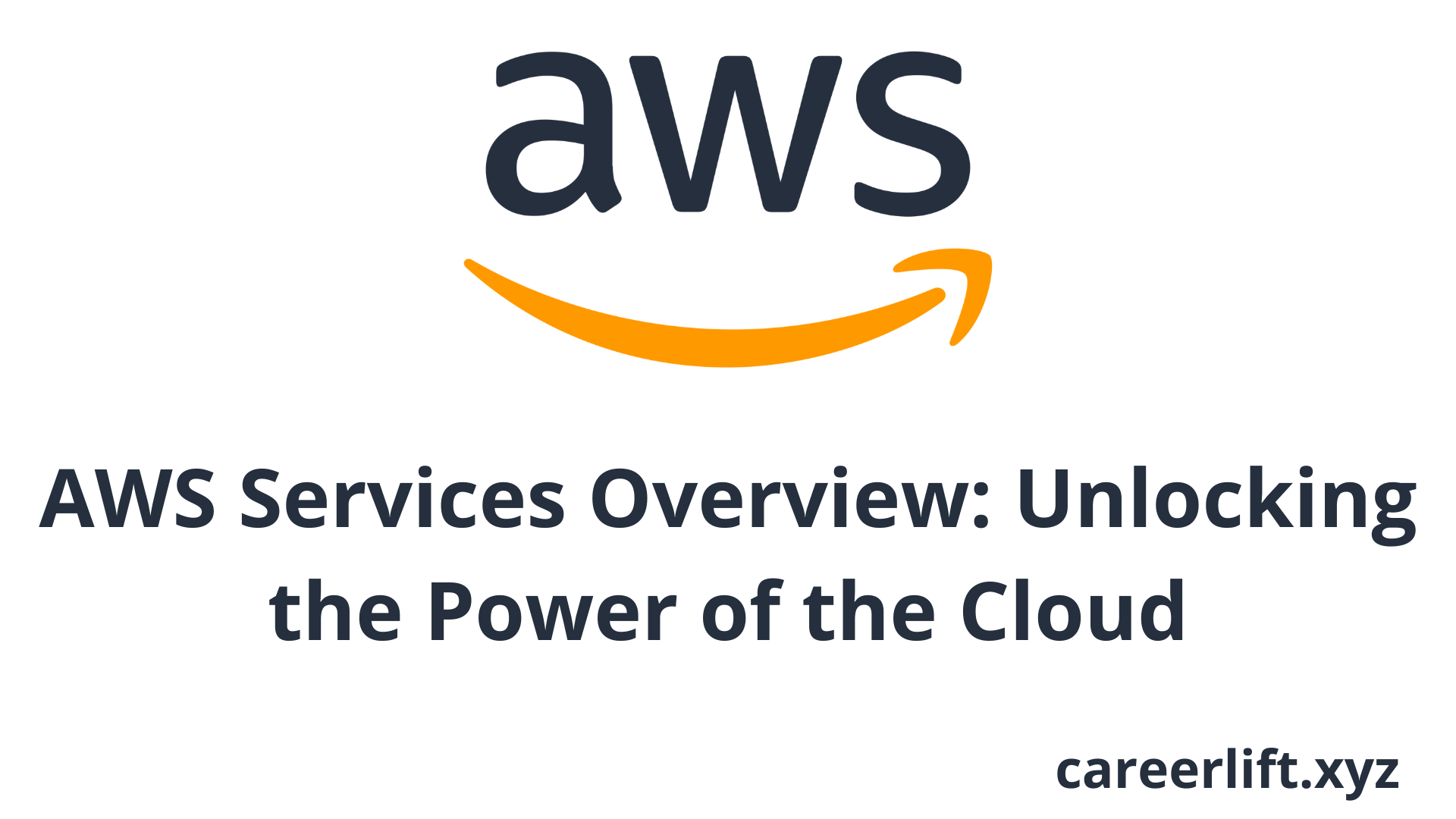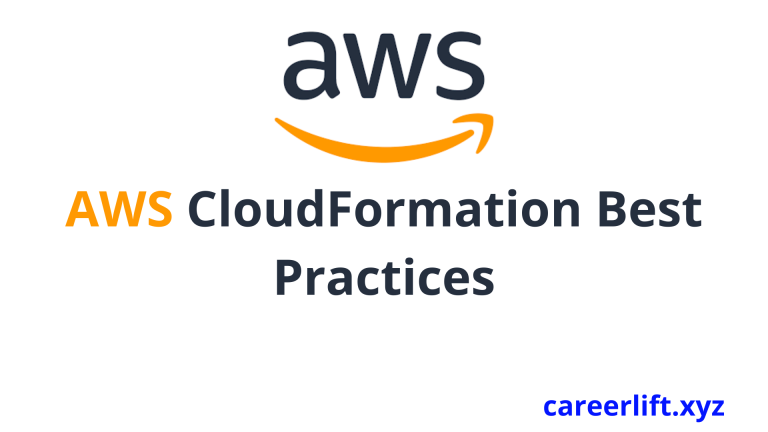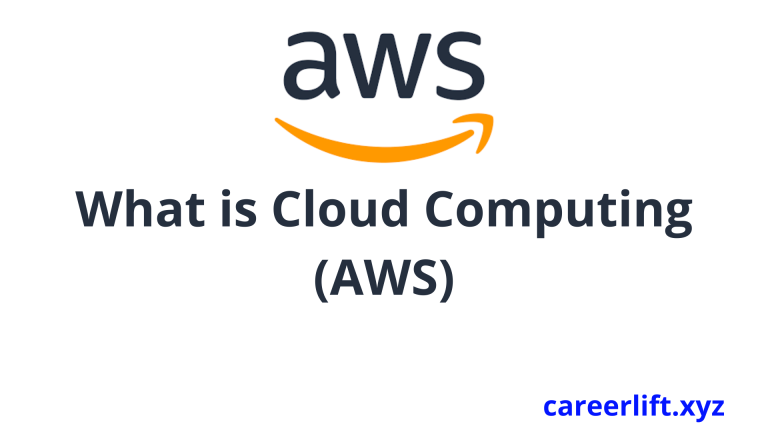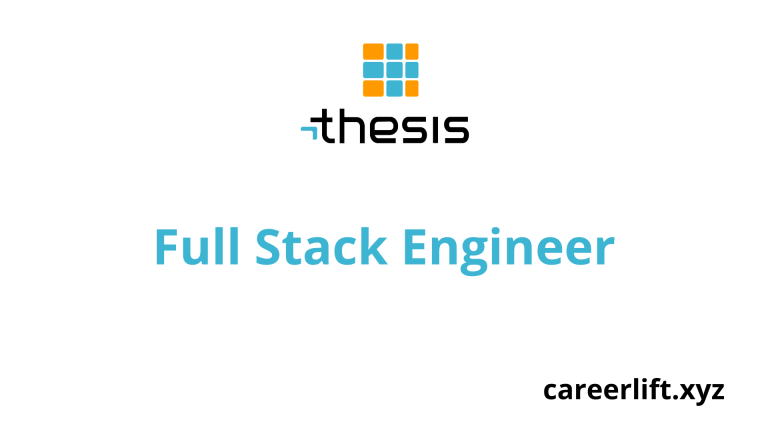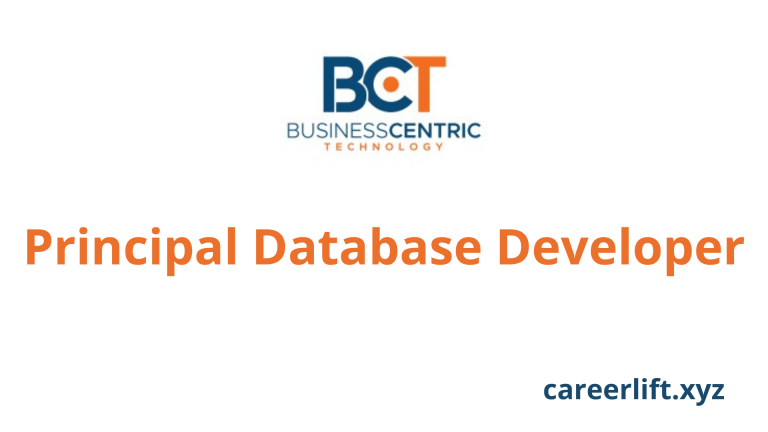AWS Services is a comprehensive and widely adopted cloud platform that offers over 200 fully featured services from data centers globally. From computing power to storage options, machine learning to artificial intelligence, Amazon Web Services (AWS) provides a range of services that help businesses and developers innovate and grow. In this article, we’ll explore some of the key AWS services and their benefits.
1. Compute Services
Amazon EC2 (Elastic Compute Cloud)
Amazon EC2 is one of the core services of AWS, providing scalable computing capacity in the cloud. It allows users to launch virtual servers, known as instances, and manage them as needed. EC2 offers flexibility in choosing the instance type, operating system, and configurations, making it suitable for a variety of applications, from web hosting to big data processing.
AWS Lambda
AWS Lambda is a serverless compute service that lets you run code in response to events without provisioning or managing servers. It automatically scales your applications by running code in response to triggers such as changes in data or system state. This is ideal for building microservices, automating workflows, and responding to real-time events.
2. Storage Services
Amazon S3 (Simple Storage Service)
Amazon S3 is an object storage service that provides highly scalable, durable, and secure storage for a wide range of data types. It is commonly used for backup and restore, archiving, and data lakes. S3’s integration with other AWS services makes it a foundational component for data management in the cloud.
Amazon EBS (Elastic Block Store)
Amazon EBS provides block storage that can be attached to EC2 instances. It is designed for applications that require a database, file system, or access to raw block-level storage. EBS volumes can be easily backed up, encrypted, and replicated across different availability zones for enhanced durability.
3. Database Services
Amazon RDS (Relational Database Service)
Amazon RDS simplifies the setup, operation, and scaling of relational databases in the cloud. It supports multiple database engines, including MySQL, PostgreSQL, MariaDB, Oracle, and SQL Server. RDS automates routine tasks such as backups, patch management, and replication, allowing developers to focus on application development.
Amazon DynamoDB
DynamoDB is a fully managed NoSQL database service that provides fast and predictable performance with seamless scalability. It is designed to handle high-traffic applications, making it ideal for gaming, IoT, mobile apps, and more. Its built-in security features and automatic scaling capabilities make it a preferred choice for modern applications.
4. Networking Services
Amazon VPC (Virtual Private Cloud)
Amazon VPC allows users to create a logically isolated network within the AWS cloud. It provides complete control over your virtual networking environment, including IP address range, subnets, and route tables. This enables secure and scalable cloud architectures for applications and services.
AWS Direct Connect
AWS Direct Connect is a cloud service that provides a dedicated network connection from your premises to AWS. It enables a more consistent network experience compared to internet-based connections, which is beneficial for data-intensive applications or hybrid cloud architectures.
5. Machine Learning and AI Services
Amazon SageMaker
Amazon SageMaker is a fully managed service that enables developers and data scientists to build, train, and deploy machine learning models quickly. It provides built-in algorithms, automated model tuning, and the ability to deploy models in production, making it easier for organizations to leverage AI in their applications.
AWS Rekognition
AWS Rekognition offers powerful image and video analysis capabilities using deep learning. It can identify objects, people, text, and scenes in images and videos, making it useful for security, media, and content moderation applications.
6. Security and Identity Services
AWS Identity and Access Management (IAM)
IAM allows you to manage access to AWS services and resources securely. You can create and manage AWS users and groups, and use permissions to allow or deny access to resources. This helps enforce security best practices and compliance requirements.
AWS Shield and AWS WAF (Web Application Firewall)
AWS Shield provides DDoS protection for applications running on AWS, while AWS WAF helps protect applications from common web exploits. Together, these services enhance the security posture of applications and ensure higher availability.
Conclusion
AWS provides a robust suite of services that cater to various business needs, from startups to large enterprises. By leveraging AWS, organizations can reduce costs, improve agility, and focus on innovation without the complexities of managing physical infrastructure. Whether you’re looking to host a simple website or deploy complex machine learning models, AWS has the tools to help you succeed in the cloud.
As you embark on your cloud journey, take the time to explore these services and understand how they can be integrated into your business strategy. With AWS, the possibilities are limitless.

